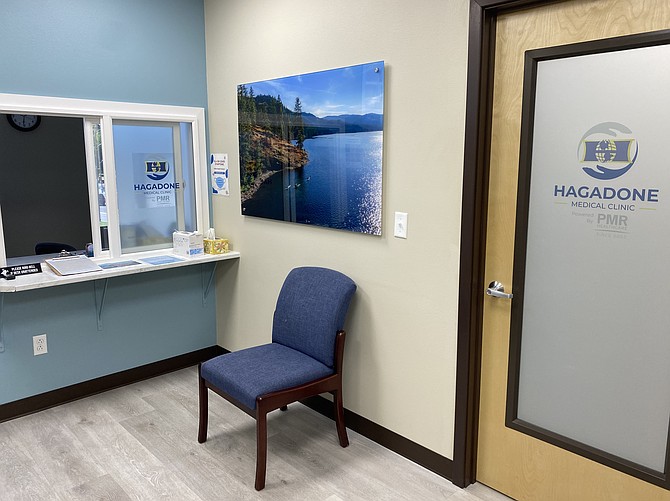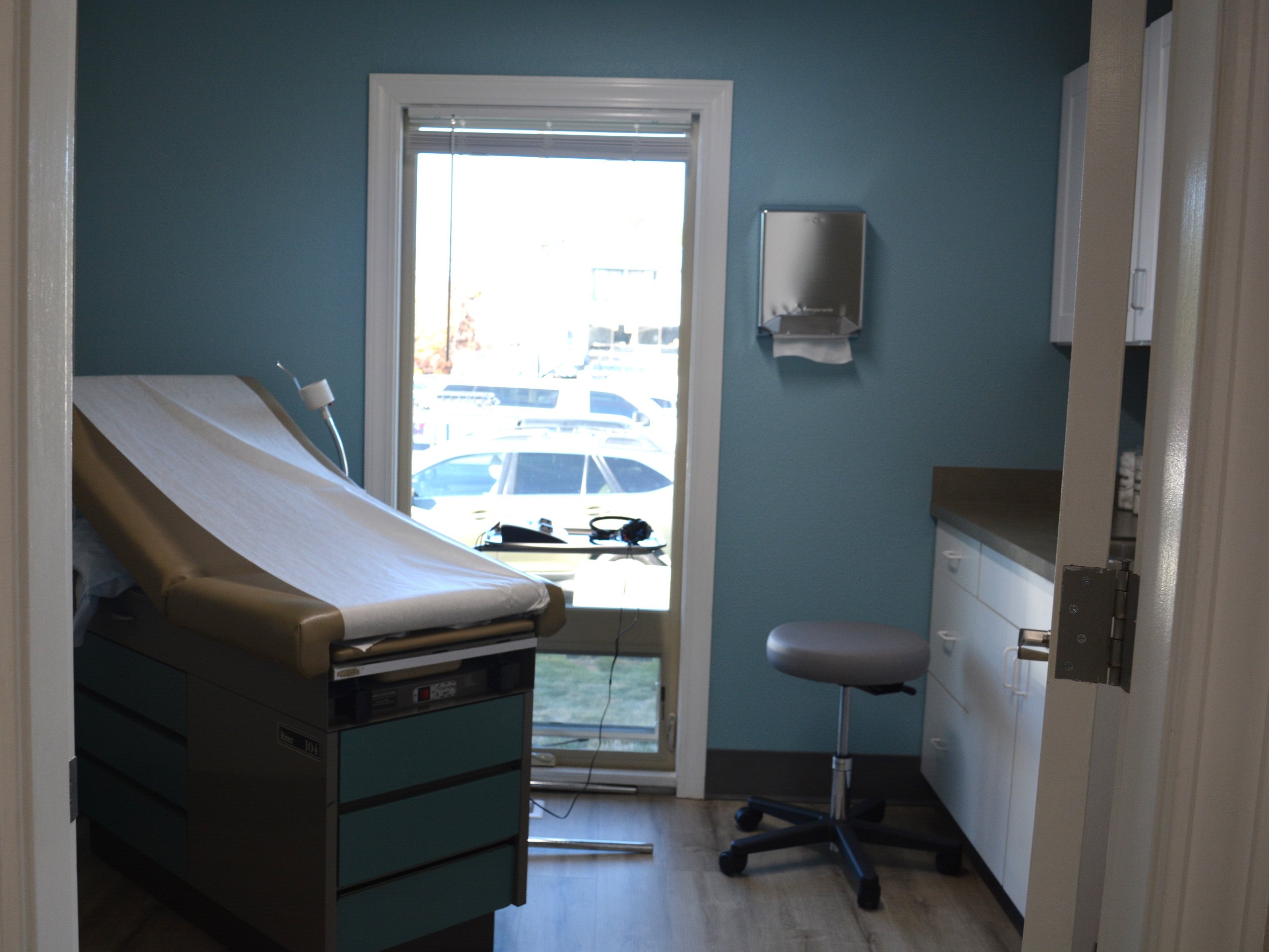Clinics provide medical care to employees

Hagadone Medical Clinic at The Coeur d'Alene Resort.
Over the last couple of years, employers such as Kootenai County and the Hagadone Corporation have opened new clinics for their staff to use, offering health care without copays or deductibles.
The Hagadone Medical Clinic was the first of its kind to open in North Idaho, operated by PMR Healthcare, in August 2023, offering free health care services for the Hagadone Corporation's 1,931 employees from the second floor of The Resort Plaza Shops.
The on-site exam rooms and pharmacy have about 300 medicines on hand for the most common medical needs employees may face.
Kootenai Member Health and Wellness Clinic is also operated by PMR Healthcare in partnership with Alliant Healthcare and opened in October 2024 to serve about 2,000 between county employees and their families.
The clinic has four exam rooms, a pharmacy and a lab and will offer primary and preventative care without co-pays or deductibles.
Brittney Weber of PMR Healthcare said the clinics help keep costs down by offering quick, proactive at no cost to employees.
When it comes to getting early diagnoses before medical issues get worse, "it makes such a huge difference," Weber said.
Weber said the history of work-run health care goes back to the railroad company doctor.
"Over time, you started to see more of an emphasis on safety in the 40s, wellness in the 70s," Weber said.
Post-COVID-19, Weber said the focus has been focusing on a whole-body solution.
PMH Healthcare started in 2005 as a way to potentially streamline care and make sure individuals with similar or the same diagnosis receive the same level of treatment instead of going through a confusing, dragged-out process, Weber said.
Concierge medicine was decided on as the ideal medical model to start with, but without higher costs the average person cannot afford.
"We're seeing more and more demand because employers are at the point where employees are going without health care and there’s this dire lack of assets and shortages which has been going on for several years now. They’re seeing a rates increase and they’re seeing the bad effects of not getting primary care treatment," Weber said.
Health care inflation has also put more of a spotlight on the clinic model as a lower-cost system that can serve as an additional resource to keep employees healthier.
"Employers are seeing a lot of double-digit rate increases and a lot of them have cut their benefits programs so severely already that they cannot ask their employees to shoulder more," Weber said. "That's where we’re starting to move forward and see employers realizing you’ve commoditized something you shouldn’t commoditize."
Weber said the investment in employee health pays off.
"If you invest, you remove the comorbidity in the future, you’re stopping heart attacks, you’re stopping expensive illnesses. Your health is your life," Weber said.











